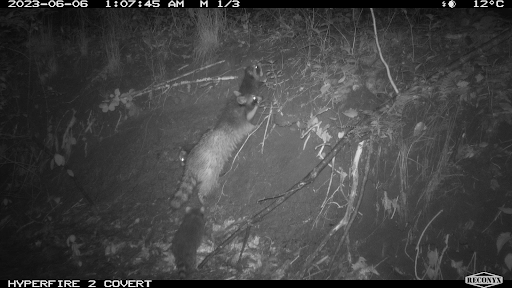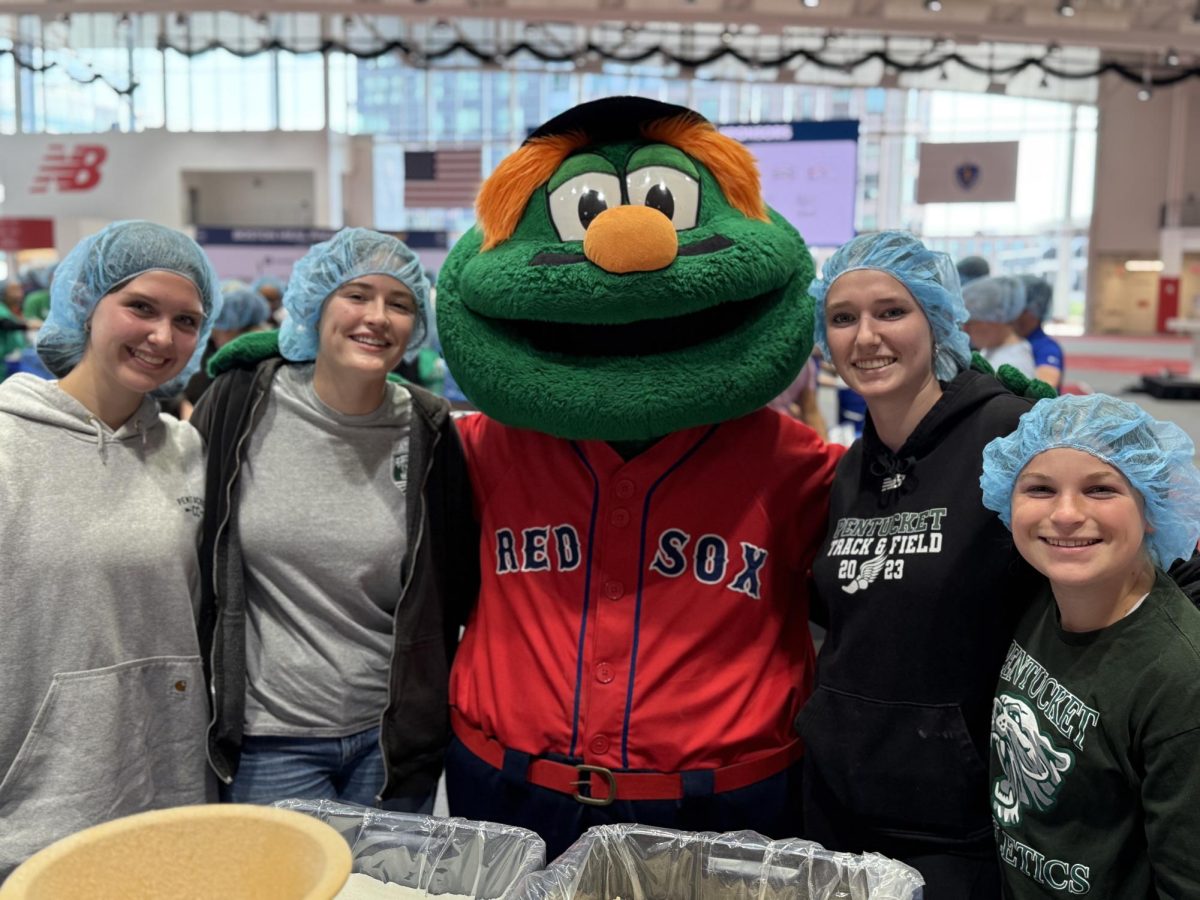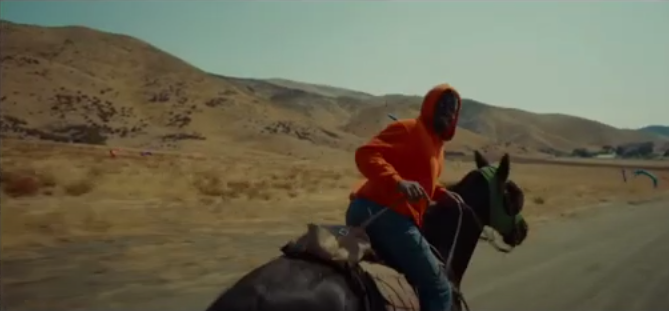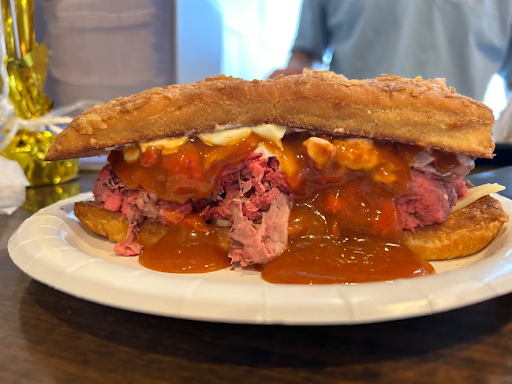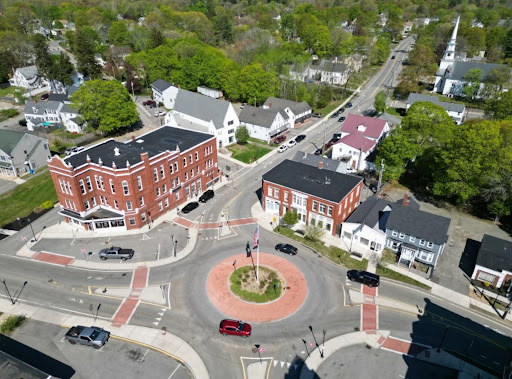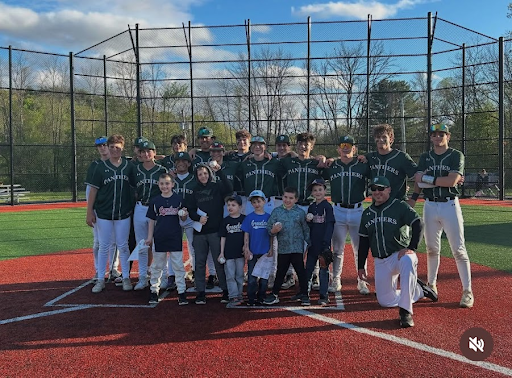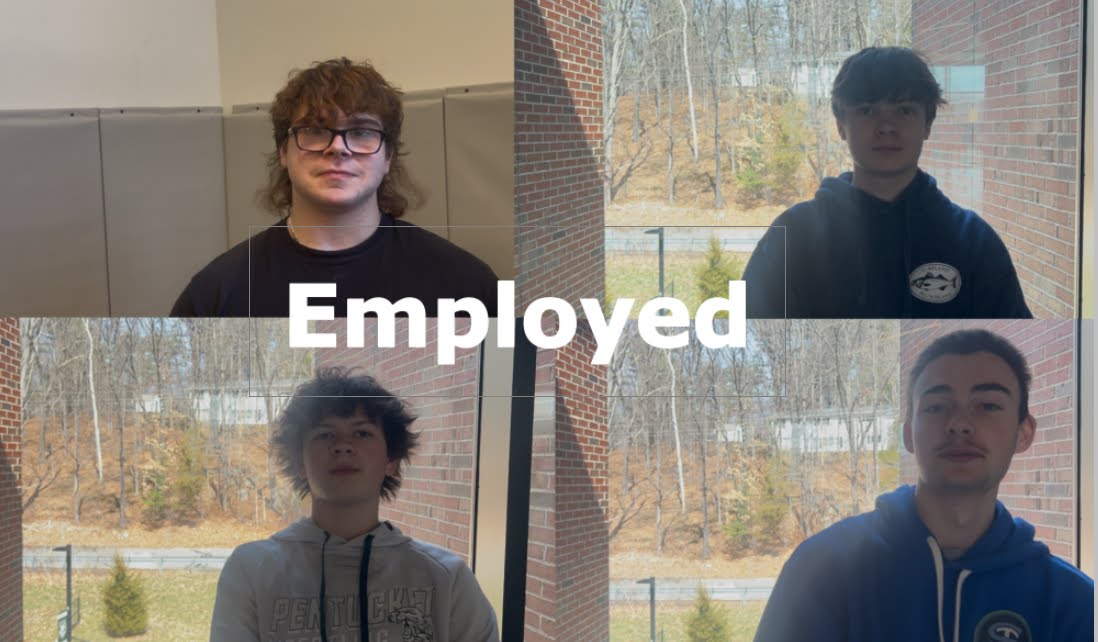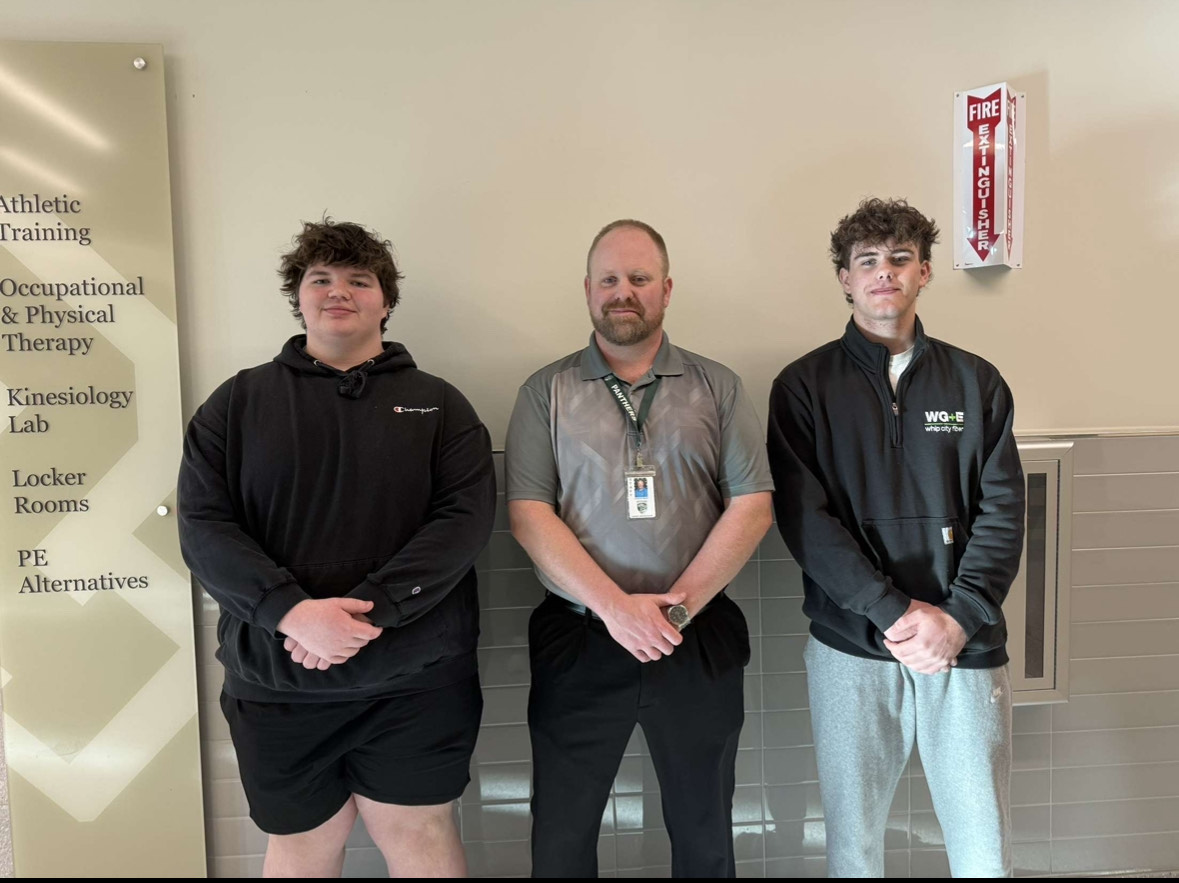Wildlife is an intrinsic part of earth, collectively we call it nature and predominantly life. It is the driving force for people to survive and live.
Furthermore, to analyze the progression of these truly wild animals, investigating the backyard of Pentucket is a good way to start.
At Pentucket, it’s quite visible that the campus is surrounded by a vast amount of life, stretching from the birds in the trees to the macroinvertebrates in our streams, which correlates towards a healthier environment and a top-notch watershed. This is a main reason as to why Pentucket has so many friendly visitors whether they have a long beak, like a woodpecker, a fury coat, similar to a deer, a weird laugh, comparable to foxes, and a family of all nighters, comparable to racoons.
These animals are of course respected and loved by Pentucket students, who seek to better the environment entirely but mostly by improving the watershed, for pentucket it’s the New England watershed. Two classes at Pentucket focus on improving our environment here at Pentucket, the first is Freshwater Ecology which is taught by Mr. Soule and the second is Environmental Science taught by Mrs. Ward. The goals of the classes are to teach students about their environment and promote proactive ideas to develop a healthier, cleaner, and safer watershed for both humans and animals.
First up is Freshwater Ecology, taught by Mr. Soule, who also is in charge of the Environmental Club. The club advocates for getting out and understanding the world around us. In Freshwater Ecology, Mr. Soule said that he teaches about the “Merrimack River Watershed and our local ecosystem and how it affects the Gulf of Maine.”
During the Freshwater Ecology course, students will engage in field work, such as “testing water quality in the campus stream, collecting dragonfly nymphs for a national mercury project, and collecting macroinvertebrates for a biodiversity study in our stream,” says Mr. Soule. In addition, Mr. Soule also said that, “the goal of the class is to give young people hands-on experiences with their environment with the hope that they will become active participants in sharing, learning, and promoting stewardship of the environment.”
On the other hand, the Environmental club, which is also run by Mr. Soule, participates in similar activities, but is more free in choice, like “hikes, cleanups, awareness campaigns, community service, and artwork,” Mr. Soule lists. Both Freshwater Ecology and the Environmental Club are great options for getting out and helping to better your local environment while increasing awareness in young and growing students to perceive the world in a different way.
Next is Environmental Science, run by Mrs. Ward, who’s classroom can be found directly next to Mr. Soule’s. The class is very similar to Freshwater Ecology except its focal points are a bit distinct. The main goal of the class is to try and further knowledge and awareness of our environment, decipher human impact on the environment as well as earth, and additionally spread awareness to other people by writing letters to towns or even proposing solutions to current problems within the local community.
Mrs. Ward states that, “Environmental Science focuses on how species are dependent on one another, how actions can have far-reaching effects, how humans have caused changes in the environment, and what actions can be taken to make positive changes.” The class doesn’t always tackle these topics, however, it is trying to build an understanding of what impact people have on the world, be it throwing a plastic cup on the ground or opting to use a cardboard straw. Environmental Science teaches students how to help their local surroundings from dangerous issues that could harm wildlife.
To explore the massive amount of wildlife and learn to spread awareness about human impact on the environment, taking the Freshwater Ecology and Environmental Science courses offered at Pentucket is a must. Especially for people who love animals and want to keep them and their habitats safe. At Pentucket, we prioritize a healthier and a cleaner environment to protect both animals and humans.


